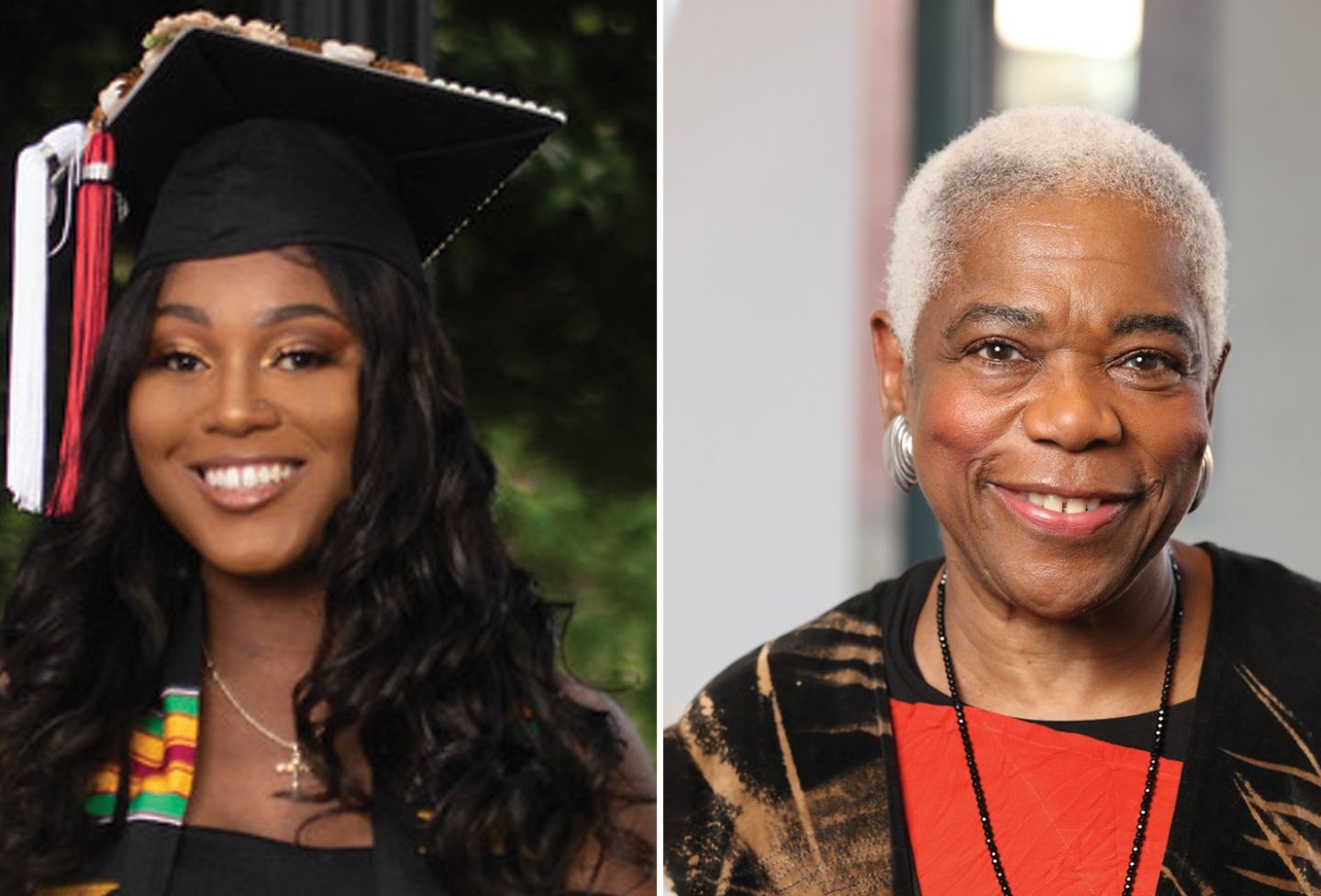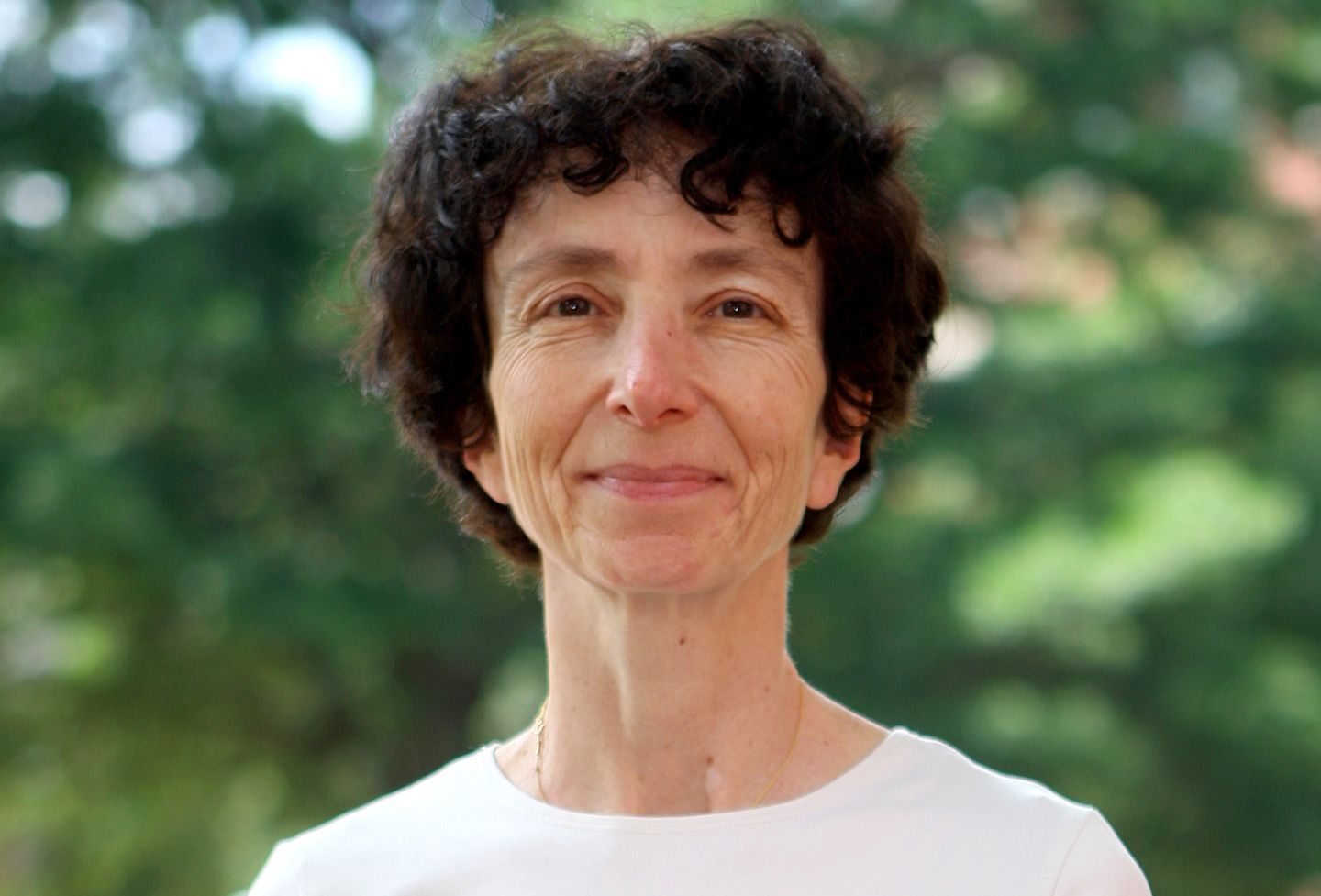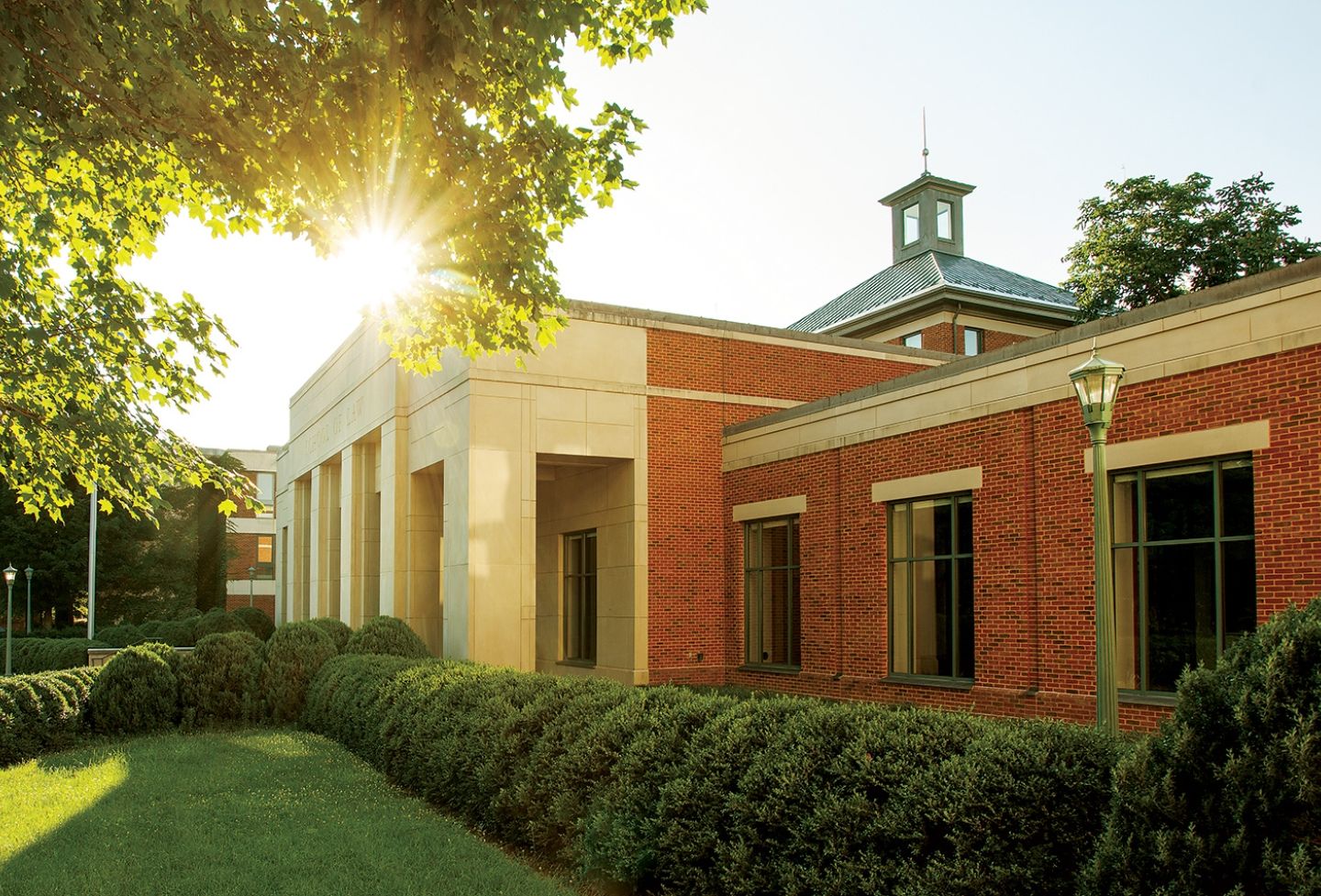Since its inception in 2002, the Law School’s Human Rights Study Project has aimed to further the study of law protecting basic rights in foreign countries. By traveling abroad, students taking the course engage in a learning experience that brings their studies to life.
Each year, equipped with a semester’s worth of research and preparation, students journey to a country to observe and study its political system and how it protects (or doesn’t protect) human rights. Gathering information primarily through first-person interviews, students report their findings in research papers and formally present them to the Law School and University community. From Cuba to Myanmar, students have visited 17 countries spanning four continents. When the project started, students also spent a significant amount of time fundraising for the trips. P.J. Cowan and Cam Cowan ’81 stepped up in 2006 to support the students and their work. The Cowans created an endowment and provided additional current use funding which covered the expenses of the trips.
HRSP’s most recent trip, to Nepal, was funded chiefly by Kelly Burke and Dave Burke ’93 and included a trek to the base of Mount Everest. Burke is a “Triple Hoo” and co-founder, managing director, and former CEO of San Francisco Bay Area investment firm Makena Capital Management. The trip provided participants the opportunity to witness one of the world’s poorest countries in transition economically and politically following a 10-year civil war and recent devastating earthquakes.
“I wanted to give students the opportunity to explore an incredible place in the world and challenge themselves in ways they had never experienced—all the while surrounded by successful alumni with whom they could unpack everything they saw and experienced,” Burke said. “Observing the messy realities of life in front of them is a very different experience than textbook learning in the classrooms of the Law School.”
Led by Assistant Professor Nelson Camilo Sánchez León, director of the International Human Rights Clinic and the instructor for the HRSP course, and accompanied by former U.S. Ambassador to Sweden Mark Brzezinski ’91, the students met with members of government—including drafters of the Constitution of Nepal; members of the nation’s Truth and Reconciliation Commission, Human Rights Commission, and Supreme Court; and on-the-ground change agents, such as Nepalese law students and young working lawyers.
“The rule of law is very new to Nepal right now because of the new constitution,” said participant Roger Dean ’20, a former consultant at the World Bank. “So meeting these young lawyers and learning about their strategy and how they are going about litigation in a system that’s very new—I thought that was a really cool experience.”
While the trip was academically and professionally eye-opening, students maintain that the most powerful component was the cultural exchange.
“Being able to literally walk for days on end with Nepalese and hear what it’s like for them to live in a place that’s so different from the United States was such an enriching opportunity,” said Alana Broe ’19. “It taught me more than I ever could have learned within these four walls.”
HRSP was founded on the belief that experiential learning is a key to developing lawyers who are responsible and effective global citizens.
“If we are to motivate students to become human rights advocates,” Sánchez said, “we need to think holistically and connect strategically the different opportunities that the school can offer, including academic reflection and training, experiential education, community engagement, and other out-of-classroom experiences.
“Preparing for practice also means creating ways to expose students to what is going on beyond the United States,” he added. “What is happening within this country and in many others is much more deeply connected than we think.”
Opportunities for experiential learning are made possible not only by financial gifts to the Law School, but—as this recent trip illustrates—by gifts of time, expertise and connections. Brzezinski urges alumni to consider giving back in these especially important ways.
“Whether in the private sector or government—locally, regionally, across the country or internationally—the learning experience students derive from this engagement is limitless. To give students what your years of experience taught you is empowering and transformational.”
Brzezinski saw the impact of that engagement and support up close in Nepal.
“Travel teaches tolerance,” Brzezinski said, quoting 19th-century British statesman Benjamin Disraeli. “The connection between the students and the Nepalese Sherpas was one of the most amazing transcultural connections I have ever witnessed. The Sherpas come from the Himalayas and have virtually no connection with the West. None of the students had ever been to Nepal. Yet, through a shared love of the outdoors and the environment, they related and showed genuine respect with each other. It was extraordinarily touching.”
Read trip reports from all HRSP trips at bit.ly/hrspreports
Founded in 1819, the University of Virginia School of Law is the second-oldest continuously operating law school in the nation. Consistently ranked among the top law schools, Virginia is a world-renowned training ground for distinguished lawyers and public servants, instilling in them a commitment to leadership, integrity and community service.


